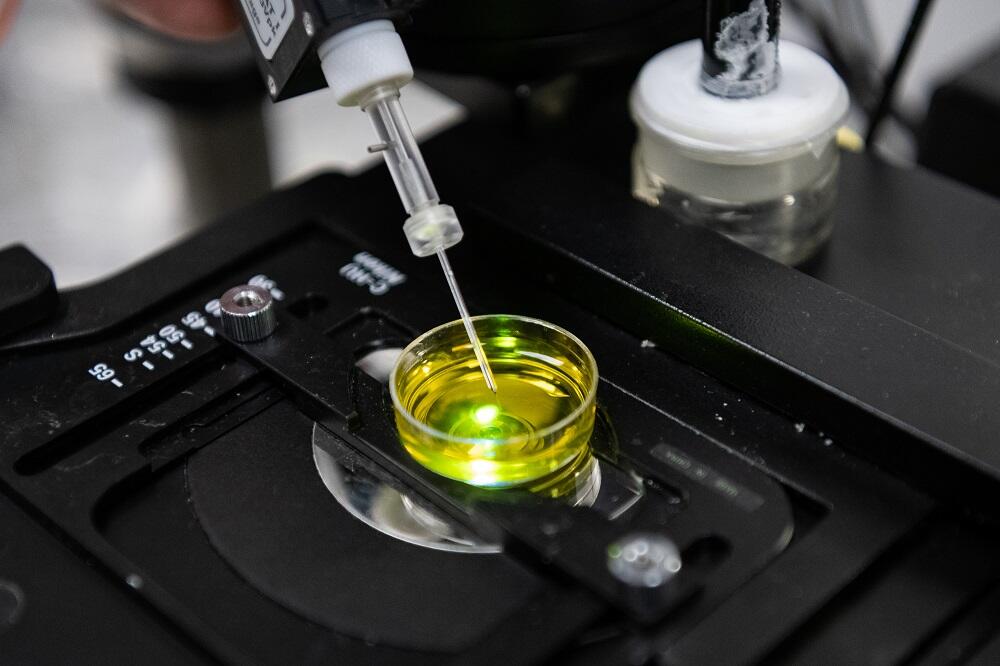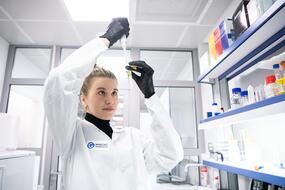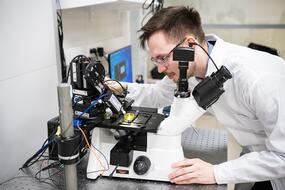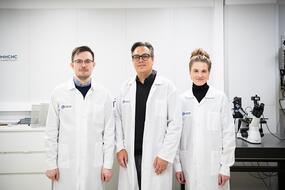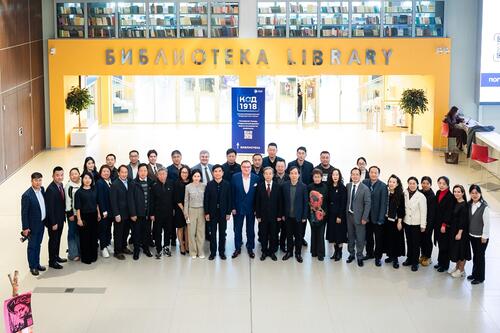Researchers at NUST MISIS have developed a high-precision nanoelectrode sensor capable of measuring copper ion concentrations in living cells and entire organs in real-time. This innovation opens up new approaches for diagnosing and analyzing the dynamics of cancerous and hereditary diseases. Additionally, the sensor will enable evaluating the effectiveness of novel medications containing copper.
Copper imbalance in the body can lead to severe consequences such as cancer, Alzheimer’s disease, Wilson’s disease, Menkes syndrome, and others. Detecting copper ions in cells early on and assessing tissues’ and organs’ ability to accumulate copper-containing compounds will help identify pathologies and track their progression.
Standard sensors cannot perform these procedures without damaging cellular structures. Researchers from NUST MISIS addressed this issue by developing a universal nanoscale electrochemical sensor that precisely quantifies copper not only in individual cells but also in 3D models of malignant tumors, actual tumors, and whole organs.
“Copper dysregulation may be both a cause and consequence of serious health disorders. Our new sensor detects metal ions faster and more accurately than its counterparts. Owing to the size of the nanoelectrode, the procedure is minimally invasive and safe for living organisms,” noted Alexander Erofeev, PhD, Head of the Research Laboratory of Biophysics at NUST MISIS.
The sensor consists of nanosized capillaries — hollow quartz tubes modified with carbon, gold, and a compound for binding copper. Its operation relies on an electrochemical oxidation-reduction reaction of copper, which is measured using cyclic voltammetry. The details of the work were published in the scientific journal Analytical Chemistry (Q1).
“The nanoelectrode will enhance diagnostic accuracy and treatment monitoring. Furthermore, it can indirectly assess the efficacy of anti-tumor, antifungal, and antibacterial drugs containing copper,” explained Roman Timoshenko, an engineer at the Research Laboratory of Biophysics at NUST MISIS.
“A team of researchers led by the Head of the Research Laboratory of Biophysics Alexander Erofeev has been dedicated to creating innovative medical technologies over several years. Our latest development, a highly accurate sensor for measuring copper levels in the organism, offers significant advantages compared to existing alternatives: greater precision, less invasiveness, and quicker results,” said Alevtina Chernikova, Rector of NUST MISIS.
In the future, scientists plan to integrate the sensor into a fully functional miniature device designed for long-term metal monitoring in living organisms.
